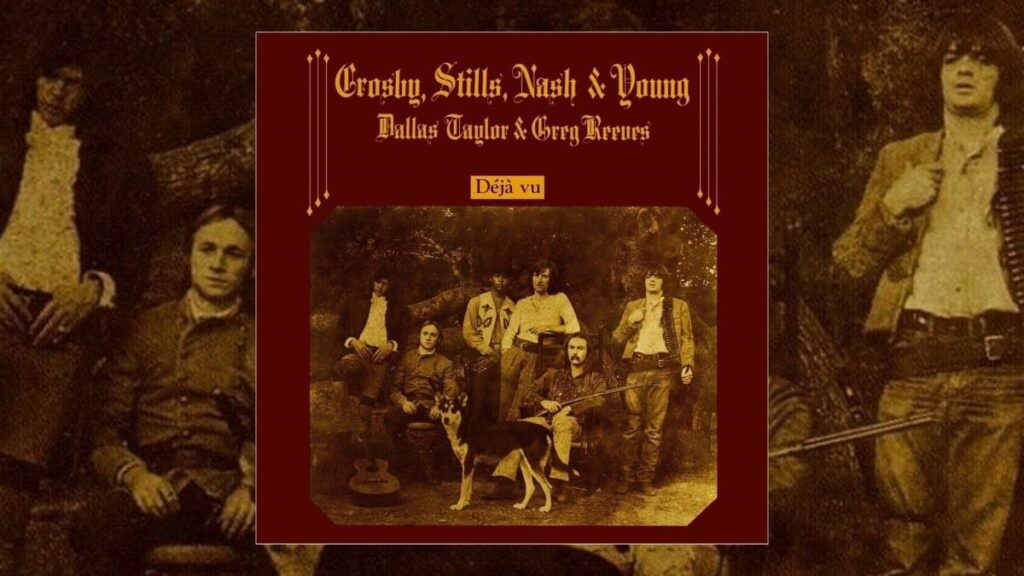
The Haunting Echo of a Lost Innocence
The era of peace, love, and flower power gave way to something a little more complicated, a little more somber, as the 1970s dawned. It was in this fertile, often turbulent, soil that the music of Crosby, Stills, Nash & Young took root, offering a soundtrack to the introspection that followed the high-minded optimism of the previous decade. Their masterpiece album, “Déjà Vu,” released in 1970, captured this mood perfectly, and within its grooves lies a song that, for many of us, feels like a whispered secret from a bygone era: “Helpless.”
While not a charting single in its own right, the song became one of the album’s most iconic and enduring tracks, a showcase for Neil Young’s unique songwriting genius. The story behind the song is steeped in the mythology of the band and the time. It was a song that Young had been working on before he officially joined the supergroup, and it was a key piece in convincing the others that he belonged. A simple, three-chord folk ballad, it speaks to a profound sense of yearning and a deep-seated nostalgia for a time and place that can never be recovered. Young himself has often stated the song is not literally about one specific town, but rather the feeling of his childhood in northern Ontario, a place of “dream comfort memory to spare.”
The meaning of “Helpless” is a universal one, resonating with anyone who has ever felt the ache of longing for a lost past, a simpler time, or a place that exists now only in memory. The repeated, plaintive refrain of “Helpless, helpless, helpless” isn’t a cry of despair, but rather an acknowledgment of our powerlessness against the passage of time and the weight of change. It’s a song that, for older listeners, can be a time machine, transporting us back to a youthful feeling of being on the cusp of adulthood, of seeing the world with wide-eyed wonder, and of wrestling with the “changes” that lay ahead. It’s a melancholic, beautiful piece of folk art that remains as potent and emotionally raw today as it was over half a century ago.